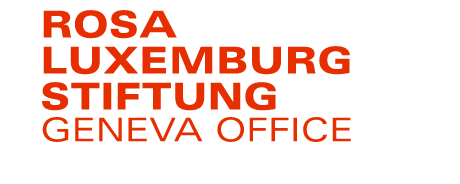Vsevolod Kritskiy, Rosa Luxemburg Stiftung, 29 mars 2022 •
This question, and the many long and complex answers to it, constituted a major focus of my academic work for the better part of the last decade. I have been returning to this question ever since Russia, the country of my birth and citizenship, launched a large-scale invasion of Ukraine, the country of my roots, eight years after it annexed a part of it.
So what is a country?
In over a decade of research, I have never seen a country. I have never touched a country, nor have I talked to a country. I have seen and talked to many people who represent their countries, though, and I’ve met many who believe in them. This was enough for me to put the question to bed — if countries existed in people’s minds, then who was I to question their existence? The idea is not new. Benedict Anderson wrote about nations as “imagined communities” back in the 1980s. The problem is that nations are also labels, processes, and analytical constructions that make everyone’s lives easier — for the people who identify with them and for the historians writing our histories.


